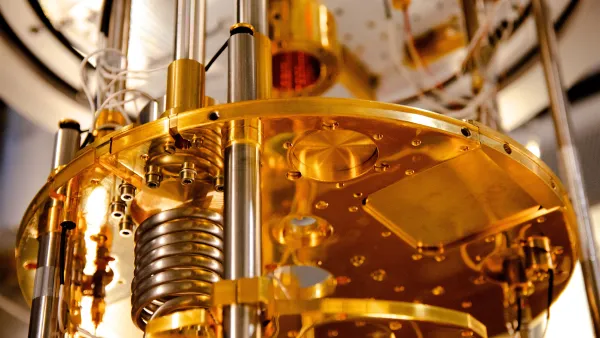Earlier this spring, Arts & Sciences launched a new internal grant program, “Seeding Projects for Enabling Excellence & Distinction” (SPEED), with the goal of spurring novel and impactful research, scholarship, and creative practice initiatives led by tenure-track and research faculty.
SPEED grants of up to $50,000 will be awarded semiannually to support the exploration and development of new scholarly and creative pathways. With guidance and input from the Faculty Board of Research, Feng Sheng Hu, dean of Arts & Sciences, and William Tolman, vice dean of research and entrepreneurship, recently named the first cohort of SPEED grant winners.
“The breadth, depth, and quality of the proposals we received was quite impressive,” said Feng Sheng Hu, dean of Arts & Sciences. “Empowering faculty to pursue bold, innovative, and collaborative ideas is a central aim of our strategic plan, and it is critical to strengthening our research enterprise. I’m incredibly excited to watch these projects take shape.”
The winners represent disciplines across Arts & Sciences, from film and media studies to anthropology to biostatistics. Funding for these innovative projects begins June 1 and will last one year, with expectations that the work will lead to external grant submissions, scholarly publications, or significant presentations or events.
One of these projects will create the first steps toward building a topological quantum computer with the newly discovered spin triplet superconductor UTe2: Characterization of the order parameter with Josephson Interferometry.
Sheng Ran, assistant professor of physics, and Kater Murch, professor of physics, will take the first steps toward building a topological quantum computer with the newly discovered spin triplet superconductor, UTe2. Ran and Murch will use Josephson interferometry to deepen their understanding of spin triplet superconductivity, which forms the basis for future quantum computing technologies, including the eventual realization of fault-free quantum computation. They will also establish capability to fabricate and control Josephson junction-based spin triplet pairing.
Read more about all of the other SPEED grant recipients.



